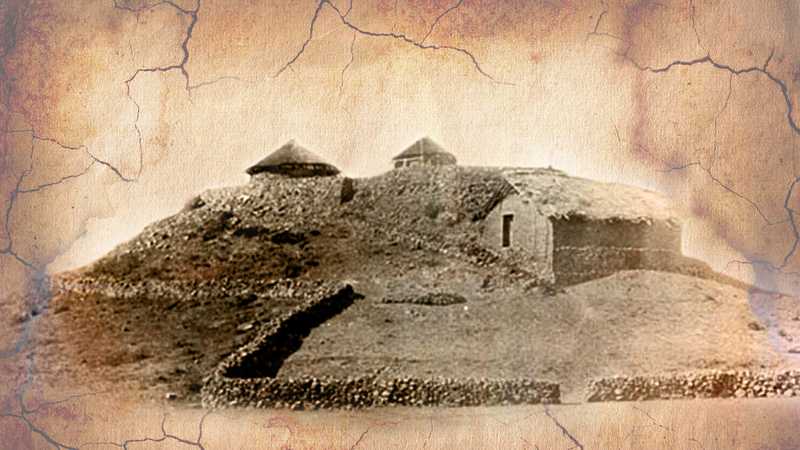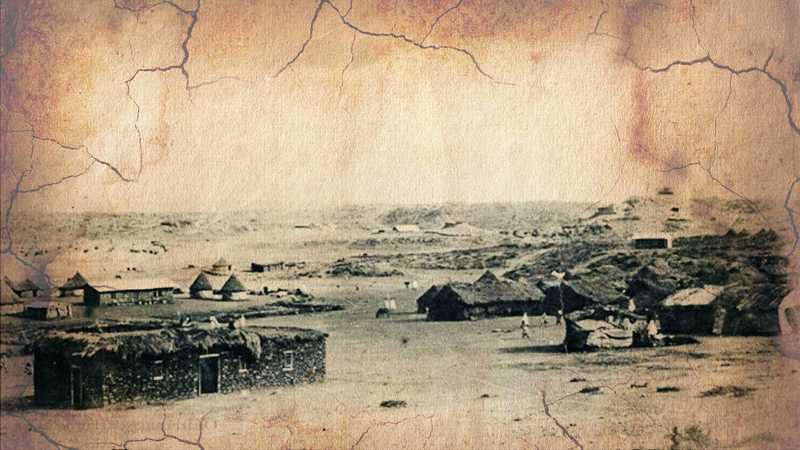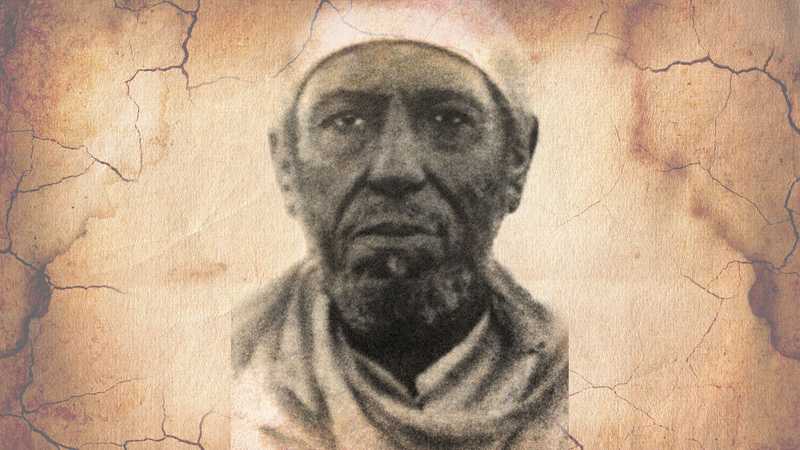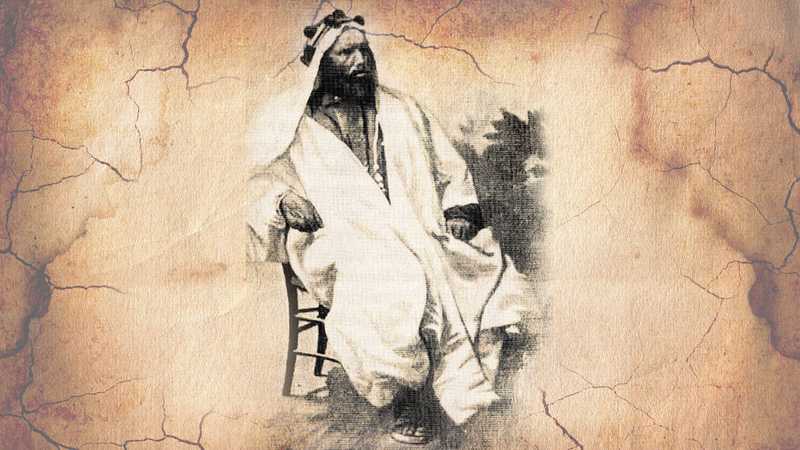Shalleqa Alula Promoted to Ras to Govern Mereb Mellash
9 Oct, 1876
Shalleqa Alula of Abyssinia was promoted to Ras by Emperor Yohannes IV and assigned governorship of Mereb Mellash to tame the rebel Raesi Woldemichael of Mereb Mellash, current-day central Eritrea.
With the failed campaign of Ras Barya’u at Bet Meka’e, having failed to control Raesi Woldemichael’s revolt in the central highlands of Eritrea, Emperor Yohannes IV of Ethiopia promoted Shalleqa (equivalent to battalion commander ) Alula to Ras (equivalent to Duke) and sent him to deal with the rebelling aristocrat, who fled to Bogos, northern highlands of current-day Eritrea. Alula, having come from humble origins, had risen through the ranks using his cunning maneuvers in the Emperor’s court and demonstrating his military acumen in battle, such as those fought at Gundet and Gura’e in November 1875 and March 1876 respectively, where he routed the Egyptian forces.
On 9 October 1876, Emperor Yohannes IV made Alula governor of Mereb Mellash (current-day central Eritrea) with the title of Ras, Duke. That same year, the new Ras moved his family to Adi Teklai, 20km west of Asmara. Later on, he moved his quarters to Asmara, where he built his camp at the top of a hill in the middle of the town. From Asmara, he devoted himself to defending the northern borders of the Ethiopian Empire against the Anglo-Egyptian forces and then the Italians who controlled the land to his east which included the Red Sea coast. His successful ambush of an Italian reinforcement regiment at Dogali is one of his notable battles with the Italians. To the west, he was clashing with the Mahdists from current-day Sudan.
 Ras Alula Engida headquarters in Asmara
Ras Alula Engida headquarters in Asmara
 Alula’s camp in Asmara
Alula’s camp in Asmara
Alula’s rule of Mereb Mellash was not welcome by the nobility there. This was the first time that Mereb Mellash was being ruled by someone from south of the Mereb River. For this, although he continually tried, he could not fully control the territory. His strategy of constant raids and heavy taxation of the local population to feed his massive army made him even more bitterly unpopular.
 Raesi Woldemichael Solomon, ruler of Mereb Mellash
Raesi Woldemichael Solomon, ruler of Mereb Mellash
Raesi Woldemichael moved throughout the countryside forming alliances with local chiefs which also did not help Alula. Alula, to capture Woldemichael, led an army of 12,000 in an expedition to Bogos twice, in 1880 and 1881, raiding and pillaging along the way. On the second campaign, Woldemichael moved west toward Massawa where Alula avoided following him. Woldemichael came to and stayed at Dogali. But Alula stayed in Bogos at Debre Sina for weeks where he levied heavy taxes on the local population. Notably, he raided the villages of Ad-Tamaryan and Bejuk taking thousands of heads of livestock and thousands of Theresa Thalers in cash. After this campaign, he came back to his camp in the Asmara area.
Alula would remain in the area for more than a decade. During that time, on 12 May 1885, he also fought Sheik Abdulkadir of the Habab who was siding with the Mahdist Osman Digna. The Sheik’s army was no match to Alula’s overwhelming force.
Alula would also venture west into the lowlands as far as Kassala, putting the town under a short-lived siege, where during that campaign, on his return to Tigray, he committed brutal atrocities against the Nara and Kunama ethnic gorups, killing more than half of their populations and looting their livestock and property.

